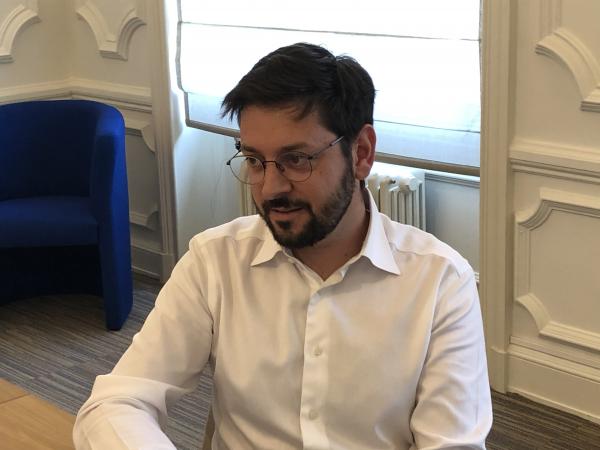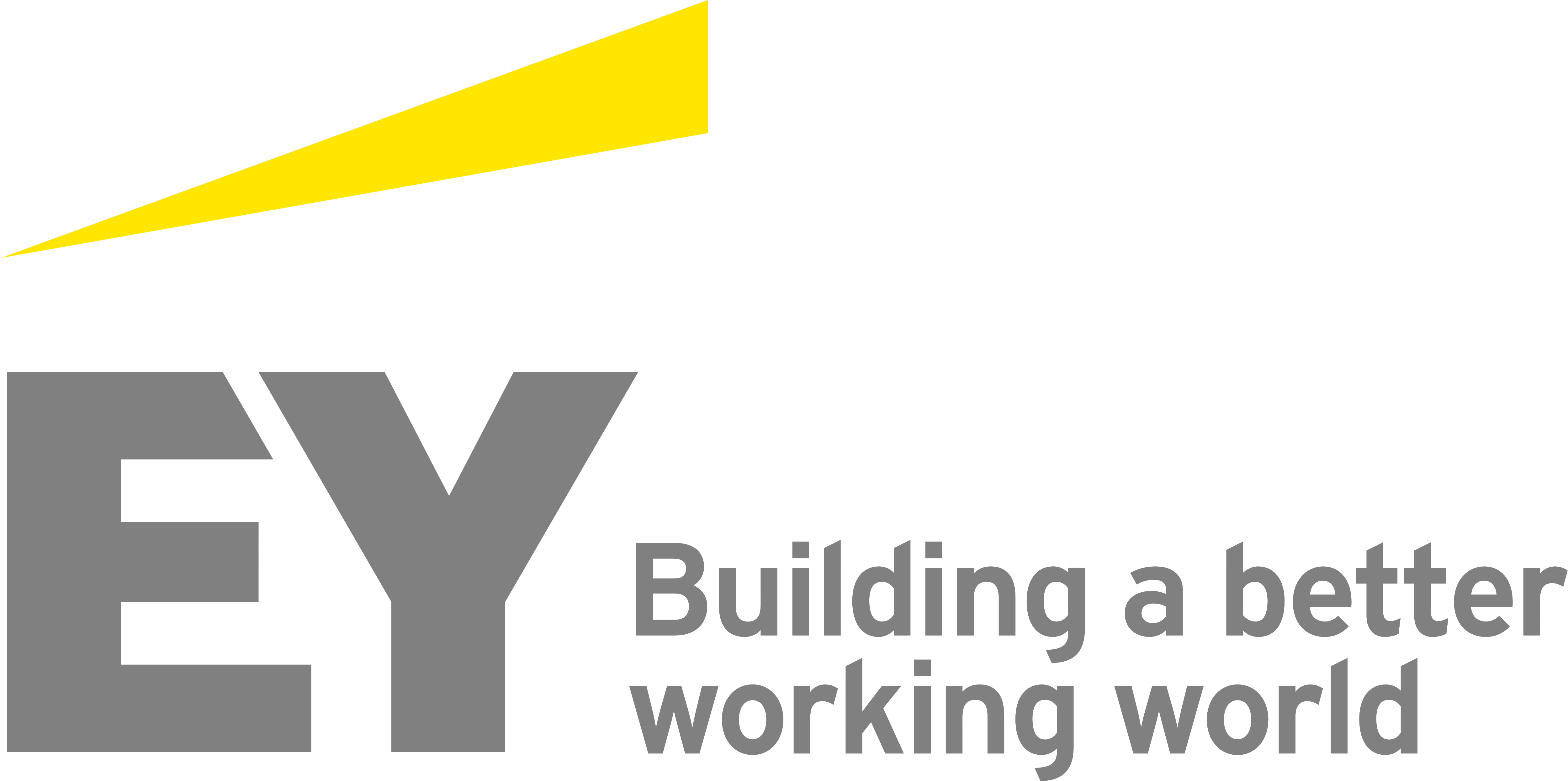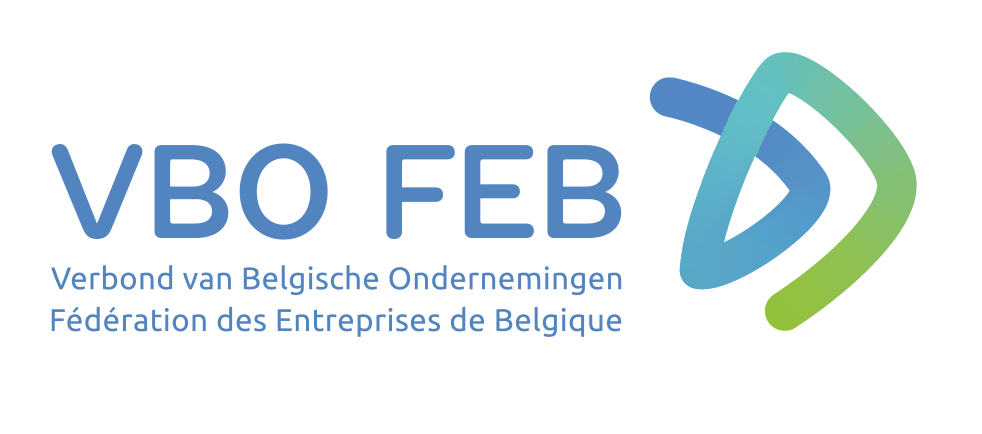GUBERNA Alumni Sparkles - Emmanuel Flaam

Recognising the rules of entrepreneurship
Our company is in the speed boat phase. We are relatively small and can shift gear fast. We, however, already find having a board of directors useful now because it provides a healthy and pragmatic structure. When putting together our new advisory board, we first asked ourselves which competences we needed. Most directors have a long career as 'employees' behind them. It is important that they also learn to recognise the rules of entrepreneurship when taking mandates. You will not get very far without emotion or passion.
Emmanuel Flaam
Netalux
emf@netalux.com
Please introduce yourself and explain the context in which you carry out your mandates
Netalux originally has been established as a service provider that only used laser cleaning as the technology to clean all types of surfaces for a range of industries. This has meant that we could build up in-depth knowledge of the technology and that we understand as no other what laser cleaning can do and what it can't.
Since 2019, Netalux has used the knowledge and experience that we have gained as a service provider to develop our own laser cleaning machines. The third element to arrive at the best solutions is knowledge transfer in the shape of an Academy.
I combine my current mandate as a Managing Director with the role of Managing Partner. The administrative organisation at Netalux is currently as follows:
- Shareholders
- Directors
- Managing directors
- Managing partners
There is regular communication between the three members of the board of directors about specific operational themes where my partner and I talk to each other on a daily basis as Managing Partners/Managing Directors.
The inclusion of an investor prompted us to make board meetings more formal. A number of additional themes have come up for discussion that have helped us become more professional.
- How do we position ourselves on the market: contractor, producer, rental enterprise or trainer?
- What kind of a structure will we outline: internationalise or expand our network?
Why did you decide to become a director?
Our company is in the speed boat phase. We are relatively small and can shift gear fast. We, however, also now find having a healthy and pragmatic structure very important.
We currently have a seat for the 2 founders and for the investor in our board of directors. Due to the investor joining us, we have managed to better separate the role of board of directors from the operational roles. It is now much more formal and structured and it has a fixed template.

In your opinion, which competences and skills are essential to be a good director (board of directors/advisory board)?
We have had an advisory board as from the start-up. It did not really work that well because of the composition of the team. There was too much control and not enough new ideas.
This is why we installed a 'new Advisory Board'. Before appointing members, we, as the board of directors, first asked ourselves which competences we would need in our advisory board. This brain exercise has brought the following areas of expertise to our advisory board:
- Financial talent to stay healthy and release sufficient resources for investments;
- Expertise to immediately tackle international growth properly and expand a sustainable distribution network;
- Build up expertise in marketing to make Netalux into a strong brand.
Which impact does the current crisis have on your role as a director?
We try to prevent deviating from our goal. As a board of directors, we are a sounding board: we help to push and pull. However, all the pros and cons are weighed and reweighed in this crisis.
When the Covid-19 crisis started in Asia in December 2019, we immediately searched for an alternative Belgian supplier for one of our key components that came from this region. This decision ensured that we could continue to serve our customers even when others where finding it difficult. Responding quickly is crucial.
What do you see as your specific added value for a board?
The board must be a decision making body where operational management can present its challenges and possibly its solutions. Added value is also created if this can all take place in accordance with a fixed rhythm and with a clear dashboard:
- The financial health of the company;
- Approve the business plan and ensure that the resources are made available to achieve the objectives;
- Check the organisation to ensure it does not deviate from the predefined horizon.
Do you have any tips for (future) members of the board?
Most directors have had a long career as 'employee'. It is important that they also consider the rules of entrepreneurship when taking up mandates.
Start-ups, companies with family capital and flesh and blood founders need more suggestions with regard to strategy, staff policy, etc. You will not get very far without emotion or passion.
Business and financial experience is useful, but must be opened up to include/create space for passion:
- Impact on the personal development of employees;
- Ability to consider internal politics that assure the interest of the company;
- Always have the interest of the company as a priority.

How did the GUBERNA education programmes contribute towards your success as a director?
The content of the GUBERNA study courses are incredibly useful. The dynamics are very fine. It gives you something to hold on to in order to see what we are doing well and where there is space for improvement.
The distinction between the roles of operational management, the Advisory Board and the Board of Directors are worked out well based on concepts and examples.
One of the speakers also encourages future directors to look around and investigate where the work is performed so that you have a better understanding of the company's culture.
“Listen, make an overall blueprint, study options and make recommendations to management. Then, guard and monitor the implementation.”
How does the GUBERNA Alumni network support you in your role of director?
I've not yet completed my education cycle. It is, however, already clear that I’ll continue to be active in the GUBERNA Alumni network.
Bekijk hier het verdere interview

About the interviewer
Jo Hendrikx is independent adminstrator in SME's and family business, member of the GUBERNA Alumni Council and owner of Straight Business Partners, active in strategy- and organisation development.
Tel +32 478 603 825
Want to contribute to GUBERNA Alumni Sparkles?
GUBERNA wants to be a true community in which each member can perform his/her role as director in the best conditions.
To encourage the exchange of experiences and knowledge, the GUBERNA Alumni have launched an interview series: GUBERNA Alumni Sparkles. Through the stories of experienced directors, we want to inspire our members.
Would you like to contribute to GUBERNA Alumni Sparkles or do you have suggestions for interviewees or topics? Please send an email to Danny Vandevyver.








